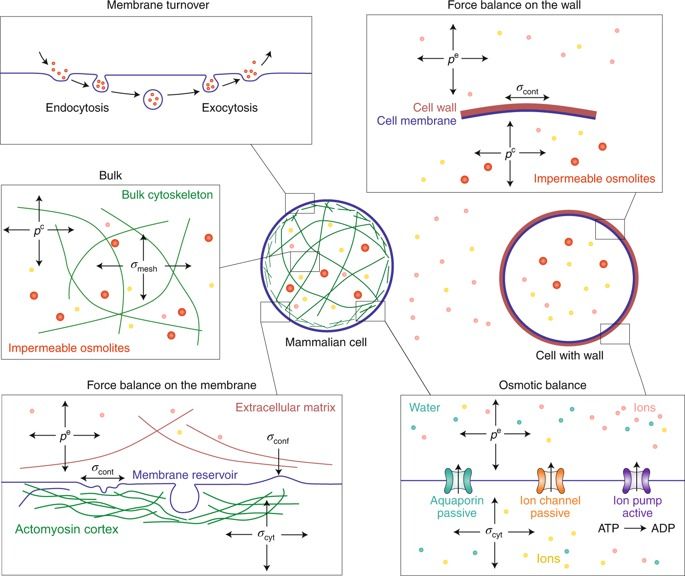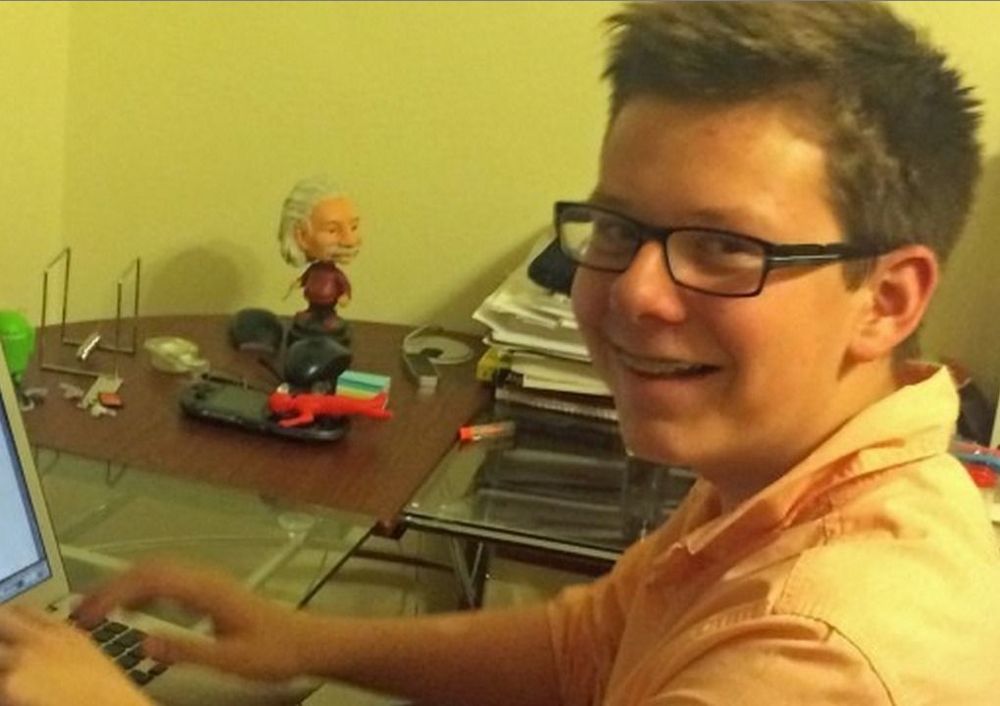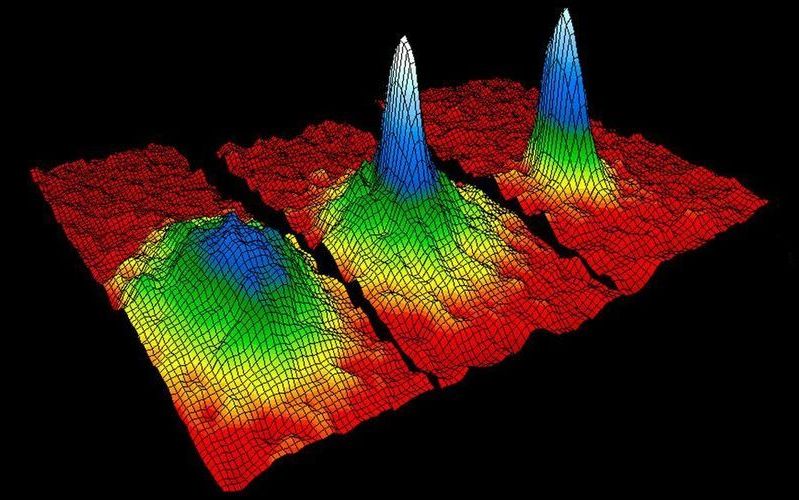By Leah Crane
Some ideas about the quantum world appear to suggest there are many versions of you spread out across many parallel universes. Now, two scientists have formulated a proof that attempts to show this is really true.
The proof involves a fundamental construct in quantum mechanics called Bell’s theorem. This theorem deals with situations where particles interact with each other, become entangled, and then go their separate ways. It is what’s called a “no-go theorem”, one designed to show that some assumption about how the world works is not true.









